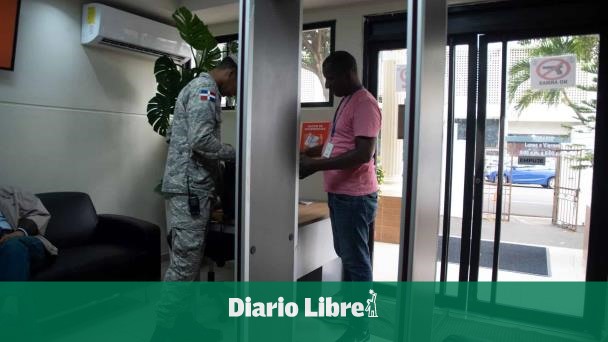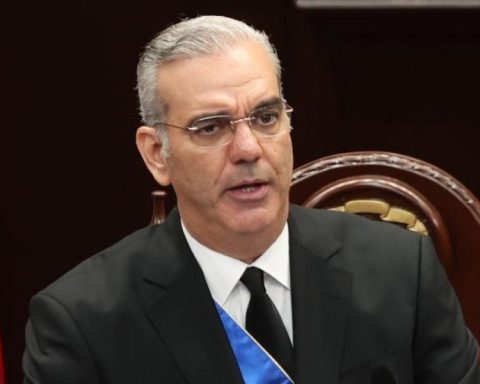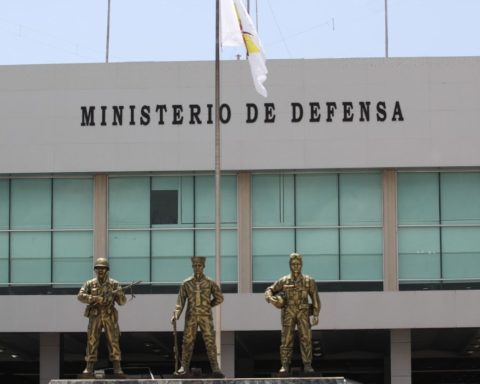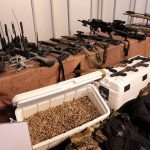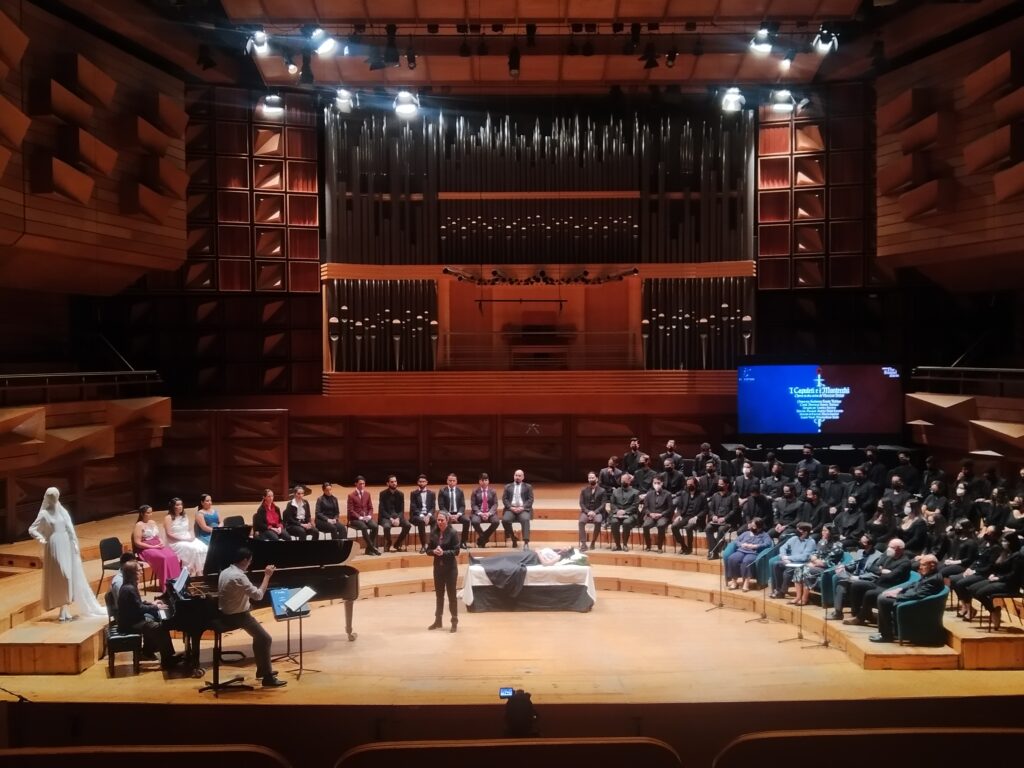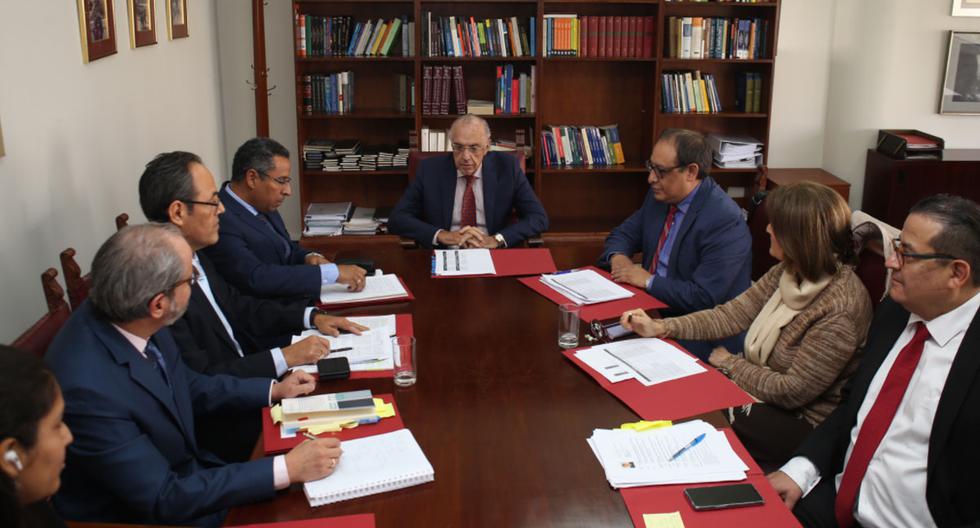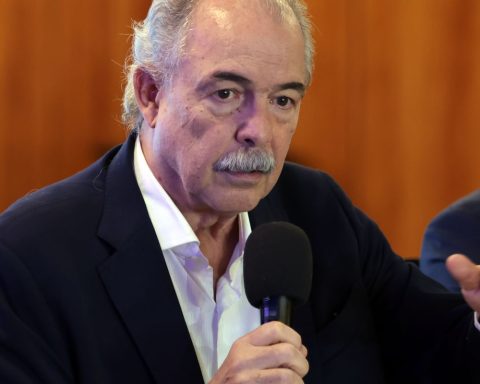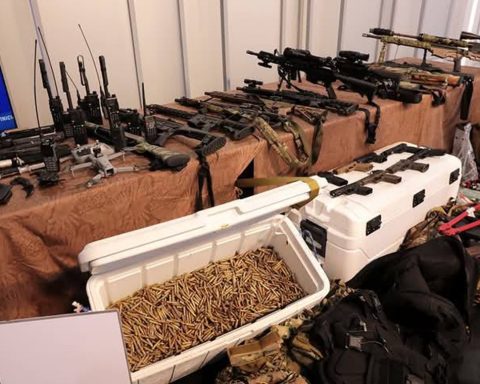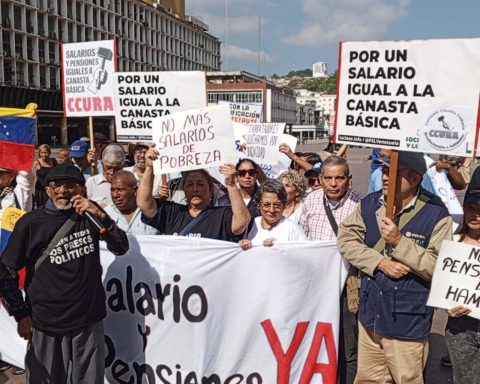control measures security in public institutions and the private sector are increasingly strict, after the tragedy in which Minister Orlando Jorge Mera lost his life in his office at the Ministry of the Environment. The official was killed by several shots.
People are adapting to check-ups in order to have access to the different official institutions, but, in addition, private companies are also adopting access controls.
Felipe Ulloa, a visitor to the Mayor’s Office of the National District, said that he does not mind being searched, although he understands that it delays people’s access: “Well, I see it well, those are measures that they take and they have to be respected, there is no from another,” he said.
Eligia Perdomo had to open her wallet at the Mayor’s Office of Santo Domingo Este in order to enter. For her, the check-up was “strange” because she has been visiting the place for years and, although there has always been staff at the main entrance who watches over people who enter the building, she says that she had never been asked to open her bag.
“That’s for sure because of what happened in the Environment, they had never told me to open the portfolio,” he said.
Does that bother you?
“No, not at all, that’s fine, look what happened to that man (Orlando Jorge Mera) you have to be careful, people are crazy,” he said.
Official institutions use electronic mechanisms, such as metal detector machines at the entrances, but, in addition, each person must deposit everything that is metallic before going through the machines, which when detecting metal activates an alarm.
In many cases, in addition to passing through the entrances of the detection machines, a manual detector is also passed through the pockets and crotches of people. For each case there are check-up personnel of both sexes, in some of the entities.
In the Mayor’s Office of the National District the registry was not used, but after the murder of Jorge Mera the entrance through the pedestrian door on the north began to be controlled, but people are already checked for all accesses, even in two additional checks before entering the offices of the mayor, the aldermen and the room of the Council of Aldermen.
In the building of the Office of Supervising Engineers of the State (OISE), a staff checks all visitors. In addition to the detectors, they are asked to deposit metallic goods on one side of the entrance.
In almost the majority of official institutions, the military are in charge of entry controls, many with decency ask citizens to go through the machines, but not without first asking the classic question: Do you have a weapon?
Those who have a weapon must deposit it in a place authorized by the military and upon leaving the institution it is returned to them.
In the National Institute of Traffic and Land Transportation (Intrant) they have metal detector machines and guards inside and outside the entity, but now the check has been reinforced with a military man and a civilian who are in charge of checking those who enter the place.
Similarly, in the Ministry of Public Works, in addition to the machines, personnel from the Military and Police Commission place metal detectors on visitors and some employees.
